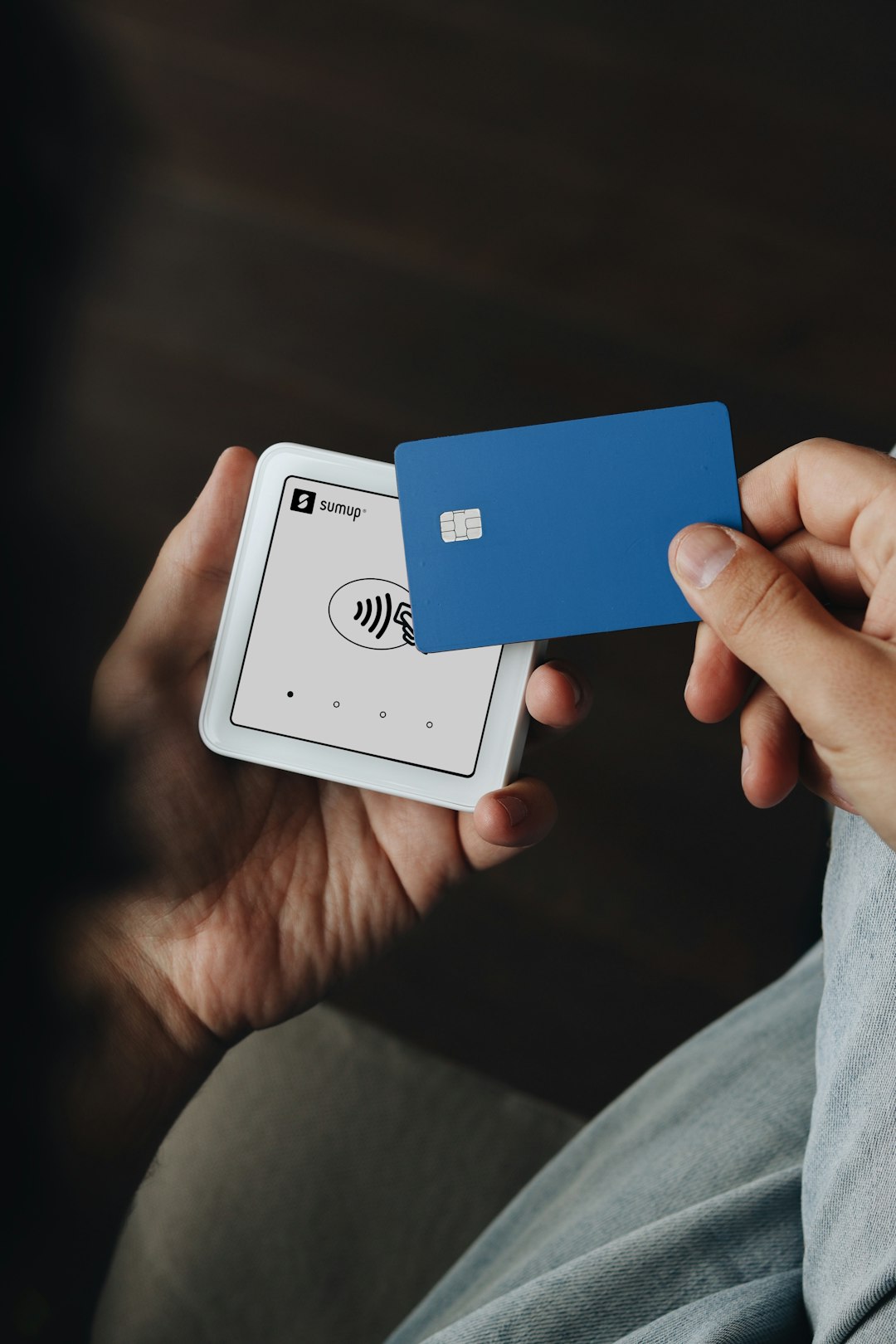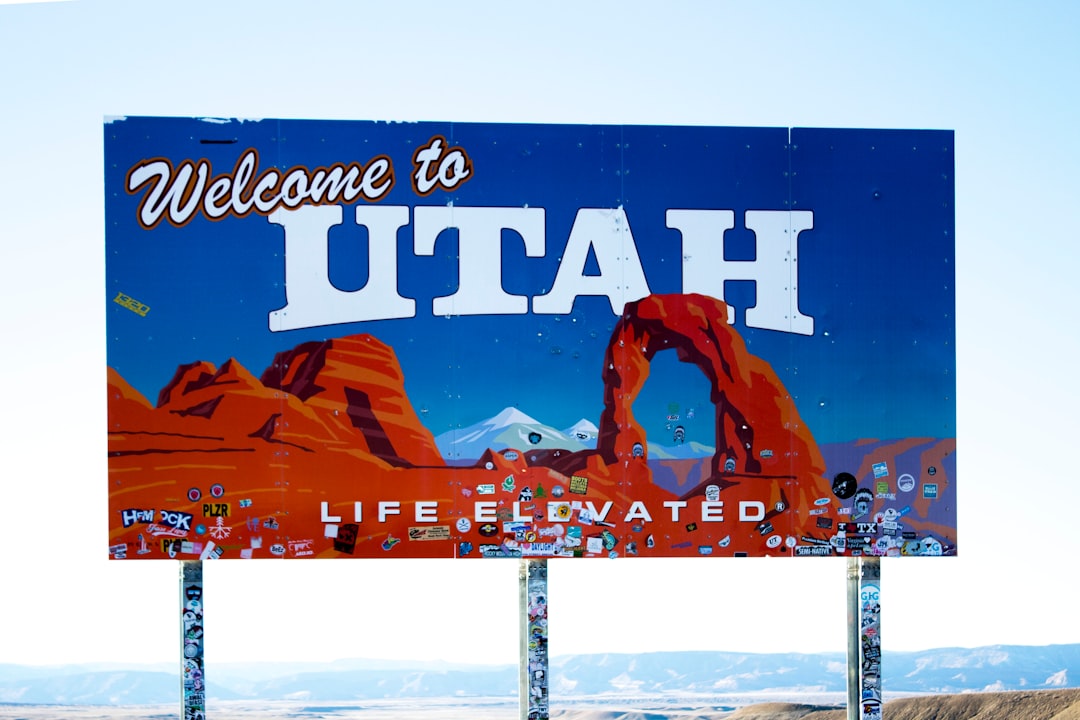Robocalls targeting Utah's law firms have become a major concern, with most being spam or fraud. The state has one of the highest robocall reception rates, prompting solutions like biometric voice authentication to combat these unwanted calls. This technology identifies and blocks robocalls by analyzing vocal patterns, enhancing security and privacy for law firms and their clients. Despite challenges posed by advanced robocaller techniques and a complex legal landscape, voice biometrics offers precise, secure authentication, reducing false positives, and adapting for improved accuracy. It's poised to revolutionize communication security, protect client data, and bolster Utah's strict telemarketing regulations against non-compliant firms.
“The pervasive problem of robocalls has plagued Utah residents, with significant economic and psychological impacts. This article explores innovative solutions, focusing on biometric voice authentication as a potential game-changer in mitigating these automated calls. We delve into the current landscape, where robocalls exploit loopholes in traditional verification methods. By examining advanced voice tech, we uncover how it can revolutionize protection for Utah’s robocall law firms, ensuring more secure interactions with clients and reducing fraudulent activities.”
Understanding Robocalls and Their Impact in Utah

Robocalls, automated phone calls that deliver pre-recorded messages, have become a pervasive issue in Utah and across the nation. While some robocalls are from legitimate sources like banks or government agencies, the majority are spam calls aimed at selling products or services, or worse, perpetrating fraud. Law firms in Utah have also been targeted by these automated calls, leading to concerns about privacy, security, and consumer protection.
The impact of robocalls on Utah residents is significant. They disrupt daily life, waste valuable time, and can even contribute to financial loss. According to recent studies, Utah has one of the highest rates of robocall reception in the country, making it a priority for state officials and telecom companies to find effective solutions. Biometric voice authentication is emerging as a promising technology to combat this growing problem by verifying caller identity and distinguishing legitimate calls from spam or fraudulent activities.
The Role of Biometric Voice Authentication Technology

Biometric voice authentication technology plays a pivotal role in combating robocalls, especially for law firms in Utah who are often targeted by these unwanted and illegal calls. This advanced technology goes beyond traditional methods like caller ID by analyzing and verifying unique vocal patterns. When integrated into call screening systems, it enables law firms to identify and block robocalls with remarkable accuracy.
By leveraging biometric voice tech, Utah-based law firms can enhance their communication security. The system learns and recognizes individual voices, allowing them to automatically filter out suspicious calls. This not only saves time and resources but also ensures that clients’ privacy is protected, as only authorized individuals can gain access through their unique voices. Effective robocall mitigation strategies are crucial in the legal sector to maintain client confidence and adhere to Utah’s stringent robocall laws.
Current Challenges in Combating Robocalls

Robocalls have become a significant nuisance in Utah, affecting both personal and professional lives, with law firms being particularly targeted. The current landscape presents several challenges in mitigating this issue. One primary concern is the sheer volume of automated calls, making traditional blocking methods ineffective. Many robocallers employ sophisticated techniques to bypass conventional filtering systems.
Additionally, the legal framework surrounding robocalls is complex and ever-evolving, with Utah’s robocall law firms operating within a dynamic regulatory environment. Compliance with these laws can be difficult for businesses, leaving room for creative legal strategies that both protect consumers and ensure legitimate communication.
How Voice Biometrics Can Revolutionize Robocall Mitigation

Voice biometrics offers a promising solution to the pervasive problem of robocalls, particularly for law firms in Utah navigating a complex legal landscape. This advanced technology goes beyond traditional methods by analyzing unique vocal patterns and characteristics, providing an accurate and secure form of authentication. By employing voice prints, robocall detection can become more precise, allowing for effective filtering and blocking of unwanted calls.
Unlike other verification methods that may rely on user memory or security questions, voice biometrics ensures a seamless experience while significantly reducing false positives. This is crucial for law firms dealing with sensitive cases and client communications. With the ability to adapt and learn from new vocal data, voice biometric systems can continuously improve their accuracy, making them an indispensable tool in the ongoing battle against robocalls in Utah’s legal sector.
Future Implications and Legal Considerations for Robocall Law Firms in Utah

The future of biometric voice authentication holds significant implications for robocall law firms in Utah. As technology advances, these firms can leverage sophisticated voice recognition software to identify and block malicious automated calls more effectively than ever before. By integrating biometric data into their security protocols, they can ensure that only authorized callers gain access to their clients’ information, significantly reducing the risk of fraud and identity theft associated with robocalls.
From a legal standpoint, Utah’s strict regulations on telemarketing practices provide a solid framework for holding robocall law firms accountable. Biometric voice authentication can strengthen these laws by offering concrete evidence in cases of unauthorized or nuisance calls. This technology enables more accurate tracking and verification of call sources, potentially leading to harsher penalties for non-compliant firms and enhanced protection for Utah residents from unwanted robocalls.






